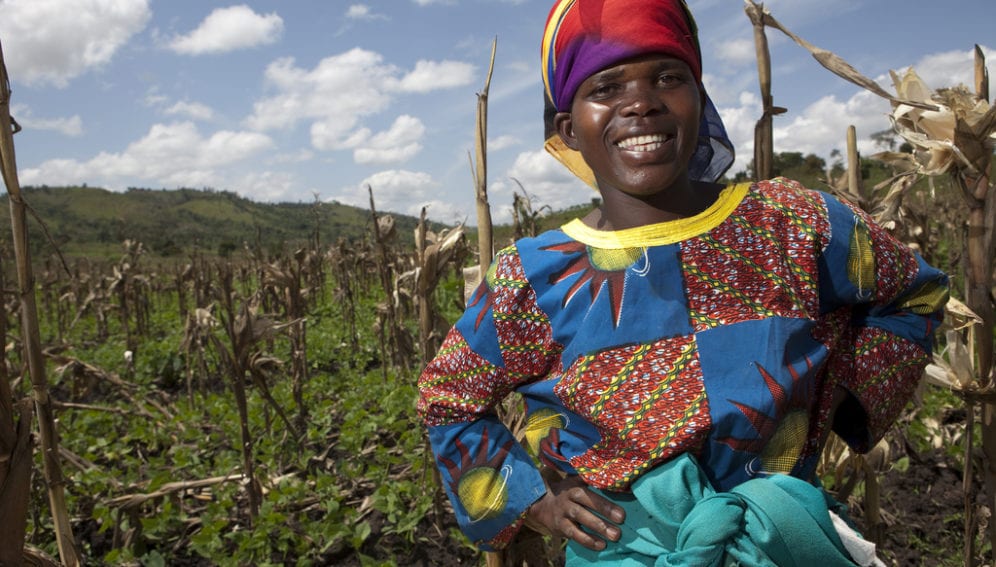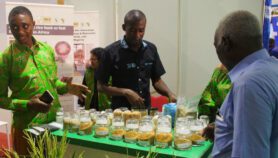By: Mićo Tatalović
Send to a friend
The details you provide on this page will not be used to send unsolicited email, and will not be sold to a 3rd party. See privacy policy.
There was one unpleasant surprise in what was otherwise an invigorating and useful high-level discussion at the EU-Africa Business Forum this week (1 April) in Brussels, Belgium: a skewed focus on success and perhaps a reluctance to admit to failure.
The session was organised to draw up a set of core messages on how to get the business sector and public research organisations to work closer and better together on ensuring food security in Africa and Europe.
These were then fed into 4th EU-Africa Summit of Heads of State and Government of the European Union and African Union also taking place this week (2-3 April) in Brussels.
Following several ‘taster’ presentations that helped set the scene with successful examples, my task was to moderate a discussion that would identify both what works and what doesn’t work in making the two sectors more responsive to each other’s needs.
“It is time to look honestly and constructively at failures in the way we do things — in agricultural research and beyond.”
Mićo Tatalović
But despite a lively discussion involving most of the 50 or so delegates, and despite repeated calls to also hear examples of what worked less well, or not at all, we mostly only heard examples of success or thoughts on what ought to happen next.
Even a delegate who was involved in setting up a repository of examples of best practice aimed at farmers, when asked if we should also have a repository of ‘worst practice’ — things to definitely avoid, seemed unprepared for the question and unsure of how to answer it.
As in science, where in general only results that show something working well get reported, it seems that the participants preferred to highlight things that have worked well. From the launch of new small and medium size enterprises following on from EU Framework Programme 7’s research project in Egypt, to finding an innovative use for unpopular but productive mushroom farming in Rwanda, the success stories are many.
But as in science, our perspective and understanding are skewed if we never see the rest of the iceberg — the hypotheses that did not turn out to be correct — and don’t investigate why that was.
That things don’t always work the way we intended them to is evident from the various suggestions for new and different initiatives, such as innovative ways of financing agricultural research between the public and private sectors. If everything done so far was a success, why bother changing things — why not repeat past successes?
This lack of examples of less-successful initiatives limits our opportunity for learning.
Indeed, while it may be difficult to own up to having worked on project that just did not deliver, without recognising failure and understanding why it happened, we are unlikely to avoid it in future.
This is why SciDev.Net’s news recently started looking more proactively at past initiatives originally launched with high acclaim and high expectations, only to slowly fade from the media spotlight. These follow-up stories (‘whatever happened to…?’) offer valuable insights for others to learn from.
Recent examples include a 2008 MalariaEngage website designed to find a new way to crowdsource finding for malaria research in Africa; and Science for Humanity, which attempted to link up scientists and NGOs for better adoption of research in development work.
It is time to look honestly and constructively at failures in the way we do things — in agricultural research and beyond.














